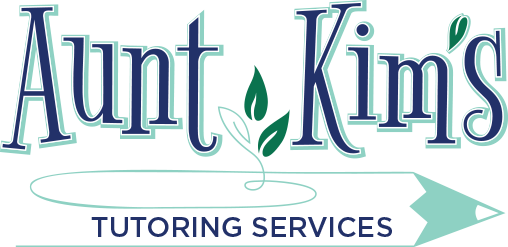FAQS
Some warning signs: difficulty getting started, sloppy homework, and overall disorganization. Other signs: personality change, diminished self-esteem, or a lack of interest in learning.
Working with a tutor can be beneficial to your child by: strengthening academic skills, mastering new concepts, preparing for an exam, and building crucial study habits for academic success in school and life.
The initial evaluation gives us a good starting point. The evaluation is a number of multi-disciplinary assessments to identify academic pain points. It answers where and why your child is struggling. It allows us to build a roadmap, a personalized learning plan. Then together we develop a tutoring schedule.
Parental Support is key in working as a team to achieve the ultimate goal of student success.
We typically recommend at least twice a week, but if necessary we can revise schedule. In general your child’s schedule will determine how quickly your child begins to feel success.
Because we want to help every child achieve his/her academic goals and succeed in school, we recommend following the tutoring schedule, but we are flexible.
Third-party research overwhelmingly supports tutoring as the very best educational option. We get great results, because all our tutoring is tailored specifically to your student’s academic needs.
Since tutors can be tremendously influential in your child’s life – and the life of everyone in the family – pick with care. Seek an individual or organization that is devoted to their students. Check the recommendations of others. While your child is being tutored, meet frequently to get updates. Ensure the organization is accredited.
After the academic evaluation (which identifies academic strengths and weaknesses), we discuss its results with you during an initial conference. During our meeting, we schedule tutoring sessions and discuss payment. We have competitive hourly rates and offer flexible payment options.
Progress! Our students make great progress in a short period of time. For example, second graders threatened with retention can make so much progress that they avoid retention and, in fact, excel in third grade. Middle schoolers facing an increase in more complex assignments can strengthen their foundational skills that will help them in high school and beyond. High schoolers who need help with specific subjects – or improved study skills – can begin excelling in class. When prepping for the SAT or ACT, expect improvements in scores and confidence in taking the test.
No contract! You can stop anytime!
